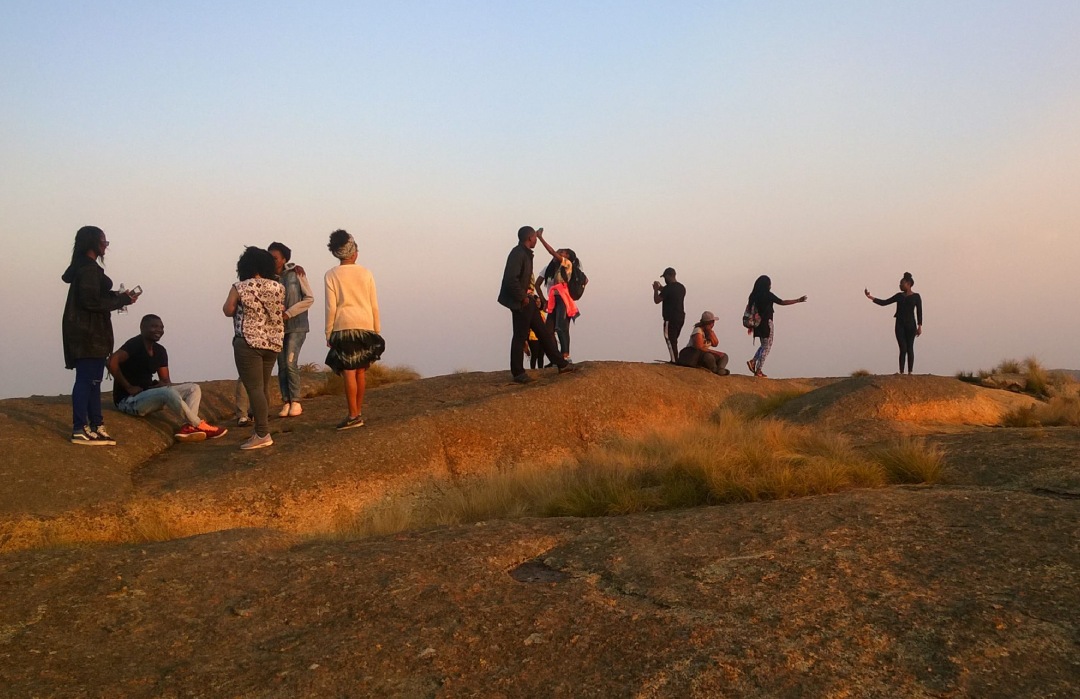The project aims to empower young people to become active for Sustainable Development Goal 10 – the reduction of inequalities.
This is taking into account the origins of the participants and project partners: Swaziland and Ghana have a history of colonisation and are at different stages of ensuring equality for all people in their countries. In some areas this has been mastered successfully whereas in other areas inequalities persist and are to be tackled.
Germany and the UK are countries of immigration for African migrants whom the participants are descendents of. While both countries aim to become multicultural spaces with equal opportunities for all, migrants, and especially ‘visible minorities’ like people with African origins, experience inequalities and discrimination in their daily lives.
The project aims to investigate the potentials of participation of the young people for the reduction of inequalities that relate to the history of colonisation and the history of migration but also to the reduction of inequalities in the society at large, this includes areas such as education, health, political participation, institution building, and community development.
Main goals of the project
